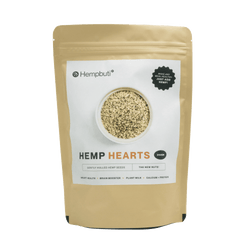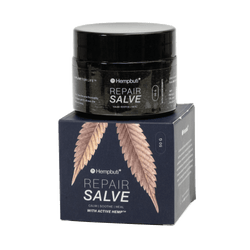Why genes matter
THC and CBD act on the endocannabinoid system, especially the CB1 receptor encoded by the CNR1 gene, and small genetic differences can change receptor function and downstream responses. Your liver enzymes also matter: newer research confirms CYP2C9 is central to forming 11‑OH‑THC while CYP2C19 and CYP3A contribute other THC metabolites, shaping potency and duration for different people.
Key genes at a glance
| Gene | Pathway | Notable variant | What research suggests | Practical takeaway |
|---|---|---|---|---|
| CYP2C9/CYP2C19/CYP3A | THC metabolism | Activity variants (e.g., CYP2C9 reduced‑function alleles) | CYP2C9 forms 11‑OH‑THC; CYP2C19 and CYP3A also contribute, meaning genotype can alter exposure to active metabolites | If THC feels unusually strong or long‑lasting, slower CYP2C9 activity could be a factor |
| FAAH | Endocannabinoid tone | rs324420 (C385A) | A‑allele reduces FAAH stability, raising anandamide; linked to differences in cannabis responses and cue sensitivity in human studies | Carriers may experience altered mood/reward responses to cannabis due to higher endocannabinoid levels |
| AKT1 | Dopamine signaling | rs2494732 | Cannabis use is linked to higher psychosis risk in C/C carriers, especially with daily/high‑potency use | If psychosis risk runs in the family, avoid high‑THC products and frequent use |
| COMT | Dopamine clearance | Val158Met | THC impairs working memory more in Val/Val carriers and may worsen cognition with use | Choose lower‑THC, balanced THC:CBD, and cognitively gentle formats if focus matters |
| CNR1 (CB1) | Receptor sensitivity | rs1049353 | CNR1 variants associate with cannabis use traits and receptor function, suggesting variable psychoactive sensitivity | Differences in “how strong it feels” can stem from CB1 receptor genetics |
Beyond DNA: potency and epigenetics
High‑potency cannabis appears to leave DNA methylation “marks,” particularly in energy and immune‑related genes, hinting that heavy exposure can modify gene expression over time. Broader studies show cannabis use can alter methylation patterns with uncertain long‑term health implications, so moderation remains wise.
Smart, personalized steps
-
Favor lower‑THC or balanced profiles if anxiety, paranoia, or psychosis risk is a concern, since AKT1 C/C genotype plus frequent use raises psychosis odds.
-
Be mindful of drug interactions: THC metabolism involves CYP2C9, CYP2C19, and CYP3A, and cannabinoids can affect P450 enzymes, so discuss meds and cannabis with a clinician.
-
Genetic testing may highlight traits linked to cannabis use tendencies, but interpret cautiously and pair results with clinical context.
-
Voice‑search tip: add concise Q&A sections (e.g., “Do genes change THC effects?”) to help people find this guidance hands‑free.








